Establishment of the First Rabies Control Perarem in Bali
Community service activities with the village rabies cadre empowerment program with a one health approach have been started since 2016 in the Sanur area. Starting in 2019, activities have been carried out in the Abang District, Karangasem. Starting from the formation of village regulations until now the formation of the first perarem pengele in Bali for the dogs and cats care.
On March 19, 2022, attended directly by the Vice-Regent of Karangasem, Majelis Desa Adat of Bali Province and Dinas Pemajuan Desa Adat of Bali Province, Bendesa Adat Sega, Dinas Pertanian, Dinas Kesehatan, Abang 2 Community Health Center, Udayana University (Master of Public Health Study Program, Bachelor of Public Health Study Program Faculty of Medicine, and Faculty of Veterinary Medicine), as well as the Center for Public Health Innovation (CPHI) in collaboration with the Bali Animal Welfare Association (BAWA) Foundation, Four Pows have gathered to celebrate together the inauguration of the first Desa Adat Regulation in Bali regarding PROCEDURES OF DOG AND CAT CARE AND HANDLING IN THE DESA ADAT SEGA AREA.
The PERAREM (regulation) puts more emphasis on implementing the one health concept in the field such as prohibiting acts of cruelty to animals and explaining proper care for animals (animal health) to ensure safety, welfare and public health (human health). This Perarem is one of the peaks of success in running the Dharma Program, which is a community-based health collaboration program by implementing the one health concept in the local area.
This is also in line with the concept of Tri Hita Karana in Bali which emphasizes the importance of a harmonious relationship between humans, animals and the environment.
The Dharma Program is based on the concept that human health and animal health are inseparable, with the main objective of keeping dogs in the community healthy, safe, and protected from the rabies virus, thereby protecting the human population. It includes the following important components:
- Make the public aware of the risk of rabies and be able to take appropriate management efforts if they are bitten by a rabies-transmitting animal.
- Routinely vaccinate dogs and cats for rabies in populations above 70% to build and maintain herd immunity.
- Castrated dogs and cats in sufficient quantities to prevent the birth of unwanted and untreated animals in the community.
- Maintain healthy and vaccinated dog and cat populations through proper veterinary care and treatment, and prohibit all forms of cruelty including neglect of animals.
- Prevent the consumption of dog and cat meat based foods for welfare, animal protection and rabies prevention.
- Manage village waste properly so that it does not become a source of disease and animal food.
The inauguration video can be seen at the following link: https://youtu.be/OTVzEXHSC6o
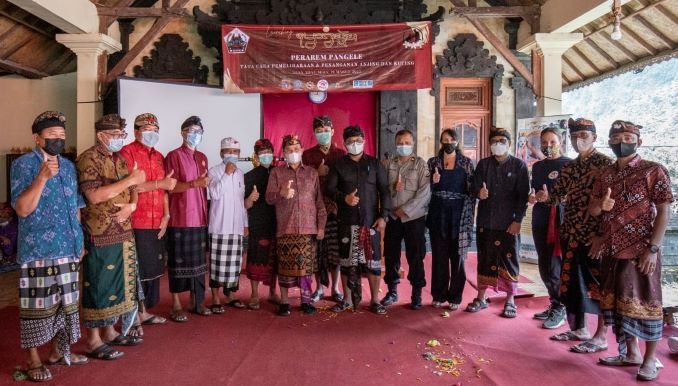
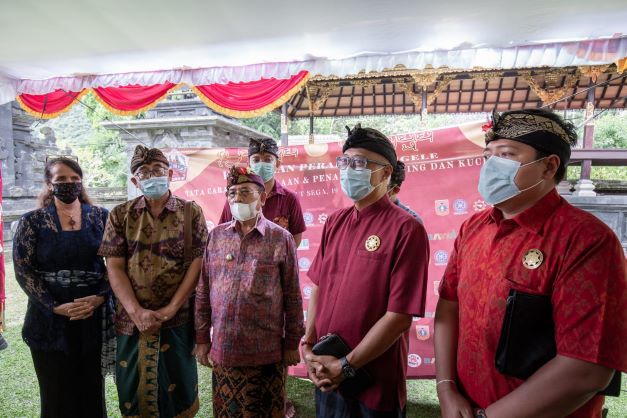

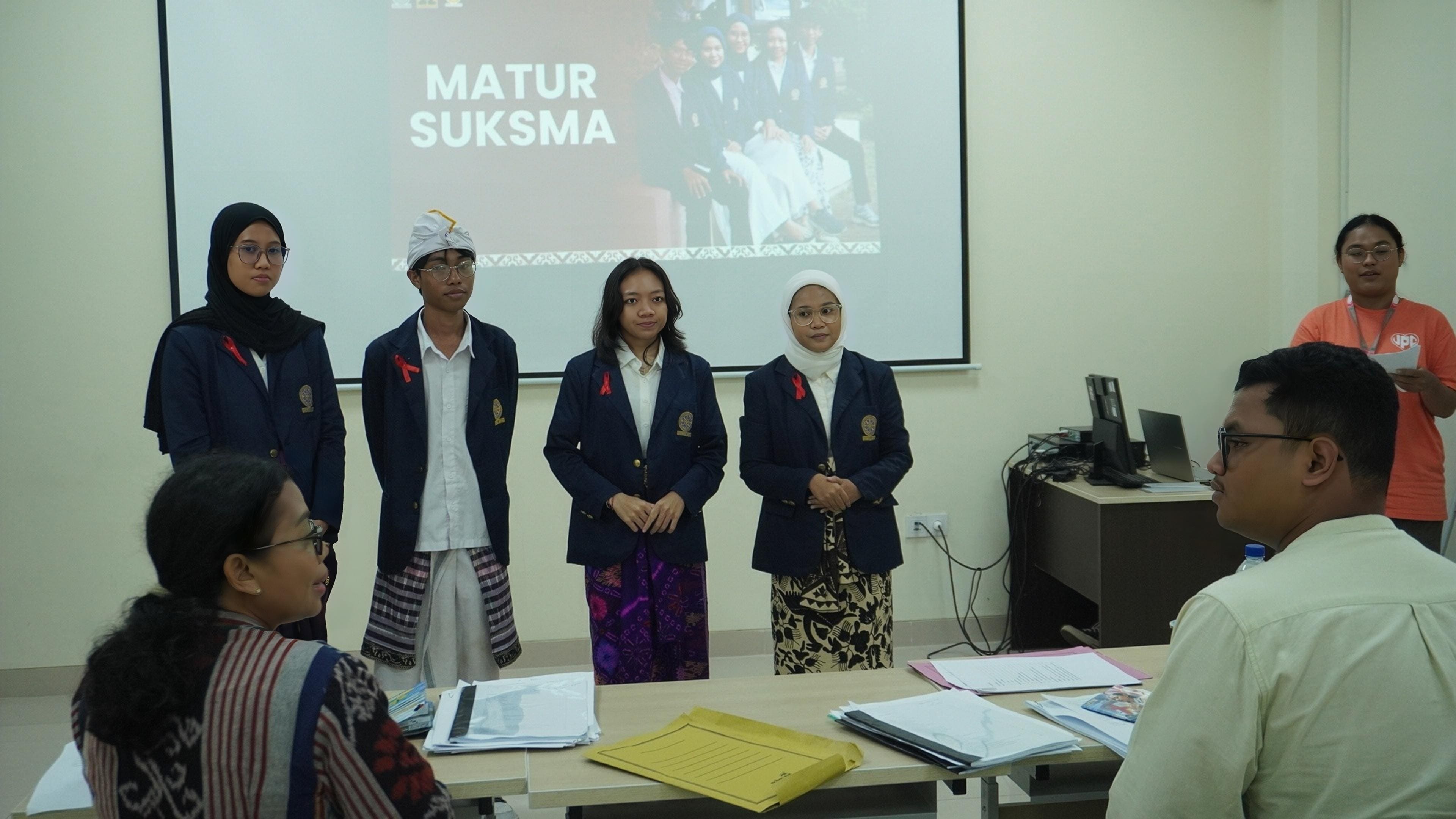
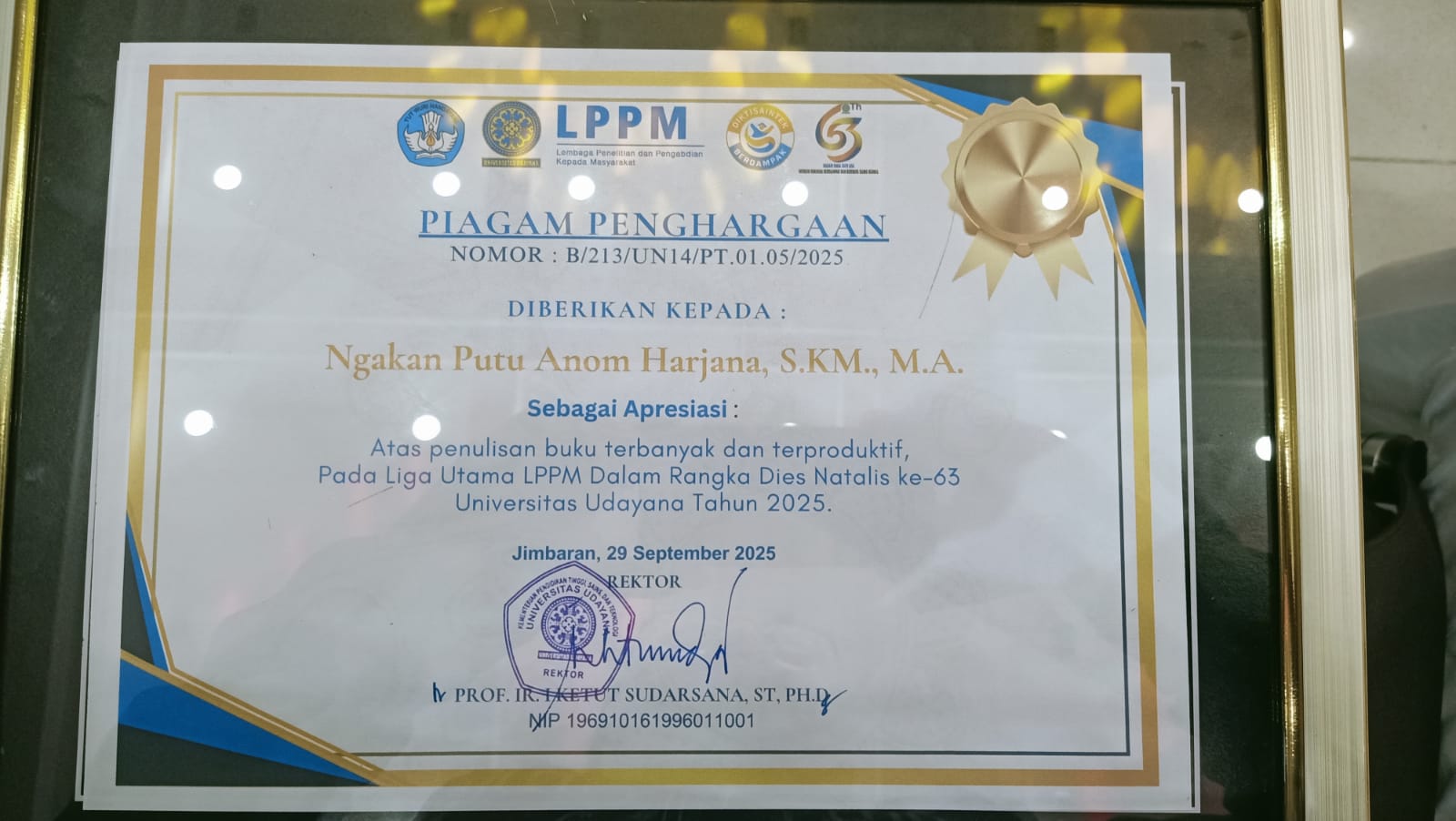
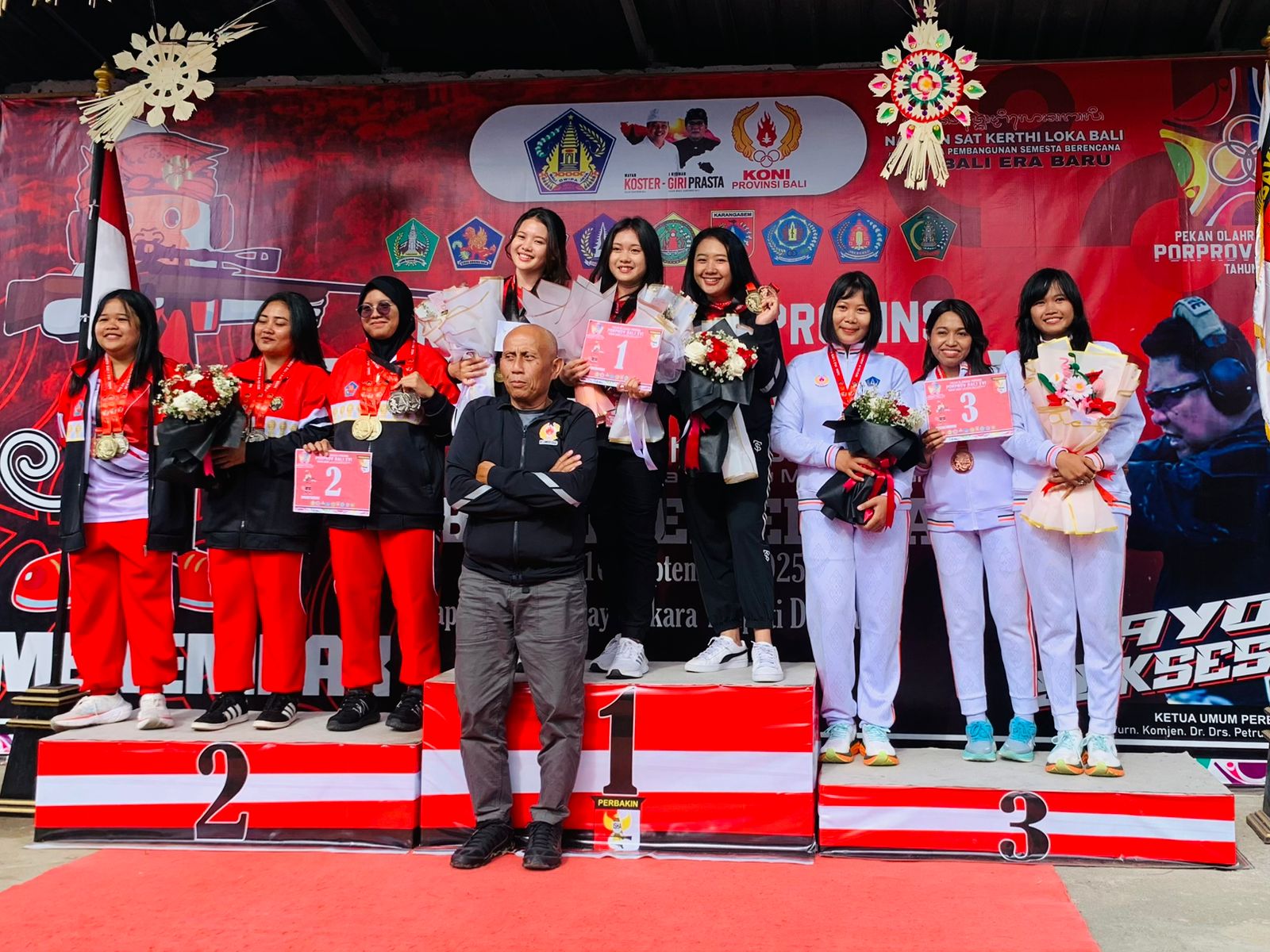
FACULTY OF MEDICINE, UDAYANA UNIVERSITY